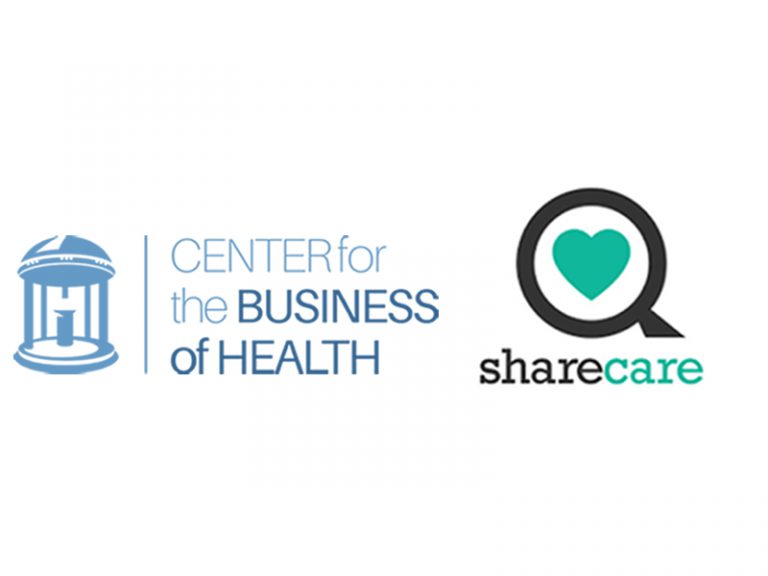
Healthcare. While H.B. 149 has gotten significant media coverage related to the Medicaid expansion component, the bill includes several significant changes that will impact state health policy and the business of health in North Carolina. H.B. 149 is composed of five sections: Medicaid expansion, work requirements for certain beneficiaries, certificate of need reform, modernization of nursing regulations, and health insurance reforms.

HBR: How Algorithms Could Improve Primary Care
Health systems have employed online and phone-based triage tools using automated algorithms to quickly determine which COVID-19 patients may need the most attention. Primary care can also be transformed through the broad application of automated algorithms, writes researchers including Bradley Staats, faculty director of the UNC Center for the Business of Health, but this requires building automated clinical processes that are safe and effective.
While access and quality of healthcare in the U.S. are shaped by several factors—location, work, insurance—a simple change can make a big difference for patients. According to a new study led by the institute-affiliated Center for the Business of Health Faculty Director Brad Staats, delivering mental and physical care at the same location can improve patient experience and care efficiency. This week’s Kenan Insight offers a chance for our experts to explore the findings of this new study.

Turbocharging Healthcare Innovation
AI. CRISPR. mRNA. Key components of the rapidly expanding alphabet soup of technologies driving a boom in healthcare innovation. In this Kenan Insight, we explore why the 2021 Trends in Entrepreneurship Report names emerging technology in the healthcare industry as a key trend, along with some of the challenges that come with fast-moving technological advancements.
The factors that determine our health go far beyond what happens in the doctor’s office. In this Kenan Insight, we explore how the physical well-being of many Americans has been placed in jeopardy by upstream social and economic factors such as racism, food and job insecurity, and a lack of community and social support systems.
Join the Center for the Business of Health virtually as they discuss the complexity of the healthcare ecosystem and how innovation and interconnectivity are necessary to build a more robust and flexible system.
The global COVID-19 pandemic has been a recurring theme throughout the 2020 U.S. elections, and its health and economic consequences will be felt far beyond November 3. In this Kenan Insight, we look at both the challenges and potential opportunities the pandemic has created for accelerating innovations in healthcare delivery and pharmaceutical development.

The global COVID-19 pandemic has been a recurring theme throughout the 2020 U.S. elections, and its health and economic consequences will be felt far beyond November 3. In this Kenan Insight, we look at both the challenges and potential opportunities the pandemic has created for accelerating innovations in healthcare delivery and pharmaceutical development.

In December 2019, the University of North Carolina at Chapel Hill (UNC) Center for the Business of Health (CBOH) began a research partnership with Sharecare, a leading digital health company founded by technology entrepreneur, Jeff Arnold, to assess the economic value of changing various health behaviors via mobile health (mHealth) interventions.
North Carolina Governor Roy Cooper has named Dr. James H. Johnson Jr., William R. Kenan Distinguished Professor of Strategy and Entrepreneurship and director of the Kenan Institute-affiliated Urban Investment Strategies Center, to the newly created Andrea Harris Social, Economic, Environmental, and Health Equity Task Force.
The staffing of parallel servers in a queue has interested operations researchers for decades, resulting in countless mathematical models studying queuing behavior. But to achieve tractability, these models typically assume the service rate and productivity of individual servers is independent of other servers and the status of the system. We question this assumption and consider whether inter-server dependence impacts queue performance, specifically through server task selection.
Sharecare, the digital health company that helps people manage all their health in one place, and The University of North Carolina at Chapel Hill’s Center for the Business of Health announced the results of the North Carolina Well-Being Data Analysis Competition, a student competition designed to drive local insights around well-being in North Carolina.






